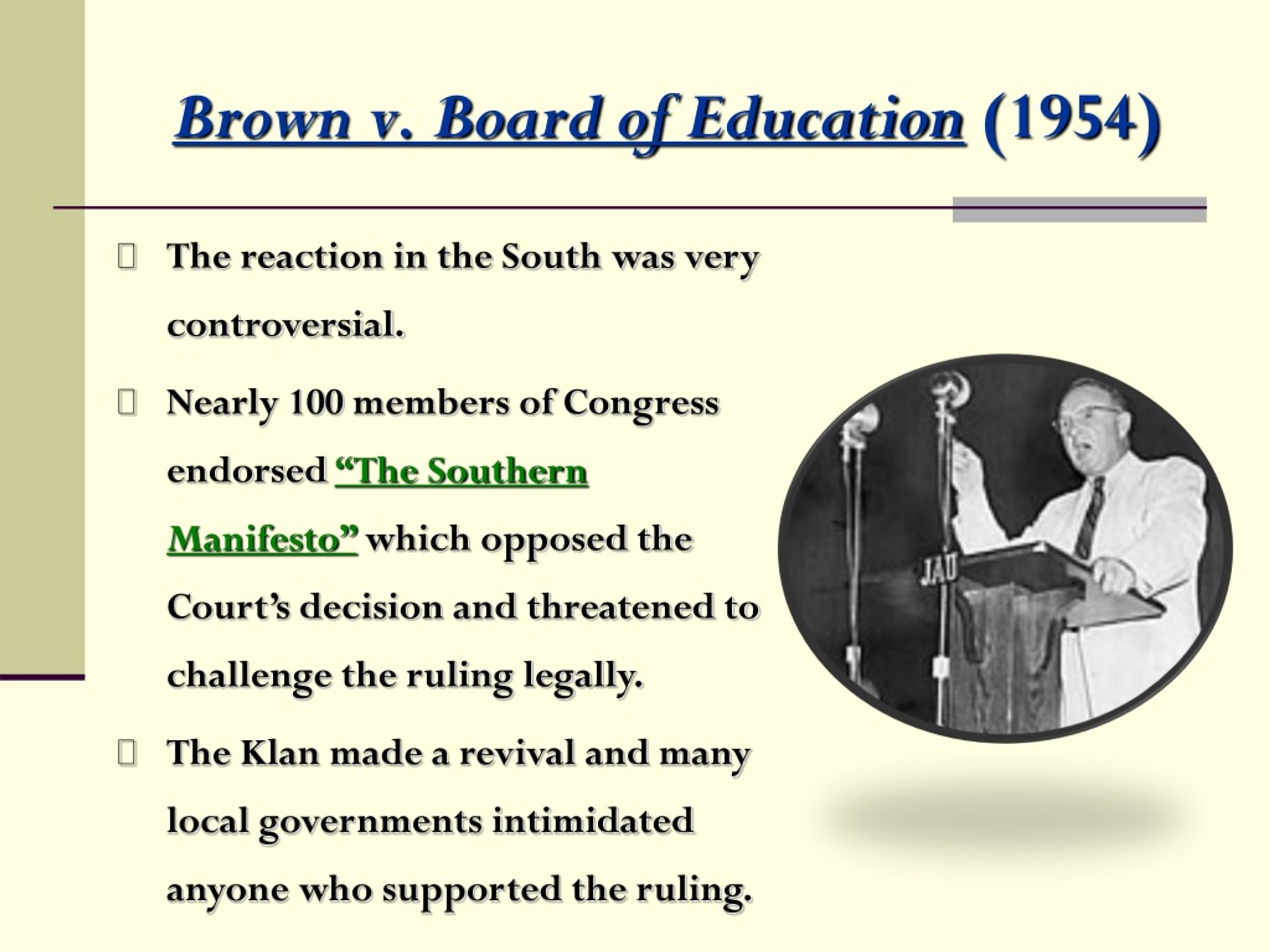
It guaranteed that all persons born or naturalized in the United States are citizens of the United States and of the state in which they reside, and that no state shall abridge the privileges and immunities of citizens, deprive any person of life, liberty, or property without due process of law, nor deny to any person the equal protection of the law. Significance: The 14th Amendment overruled Dred Scott v. Significance: The intention of this law was to protect all persons in the United States, including Black people, in their civil rights.ġ868: The 14th Amendment to the Constitution is ratified. The Civil Rights Act of 1866 guaranteed Black people basic economic rights to contract, sue, and own property.

Significance: Segregation Begins - Public schools were segregated, and Black people were barred from serving on juries, and testifying against White people.

They were also forbidden from carrying weapons in public places and working in certain occupations. These laws imposed severe restrictions on freedpeople, such as prohibiting their right to vote, forbidding them to sit on juries, and limiting their right to testify against white men. 1865: Black Codesīlack Codeswas a name given to laws passed by southern governments established during the presidency of Andrew Johnson. One of those schools – Howard University – would eventually train and graduate the majority of the legal team that overturned Plessy, including Charles Hamilton Houston and Thurgood Marshall. Significance: The first Black schools were set up under the direction of the Freedmen’s Bureau. Its main mission was to provide relief and help freedmen become self-sufficient in all areas of life. The Bureau of Refugees, Freedmen, and Abandoned Lands, also known as the Freedmen's Bureau,was established by an act of Congress on March 3, 1865. 1865: Bureau of Refugees, Freedmen, and Abandoned Lands Significance: The Supreme Court denied citizenship to Black people, setting the stage for their treatment as second class citizens. Chief Justice Taney wrote that the original framers of the 1787 Constitution believed that Black people were considered a subordinate and inferior class of beings, "with no rights which the White man was bound to respect." The Supreme Court held that Black people, enslaved or free, could not be citizens of the United States. Board of Education Decision of 1954 1857: Dred Scott, Plaintiff in Error v.

Timeline of Events Leading to the Brown v.


 0 kommentar(er)
0 kommentar(er)
